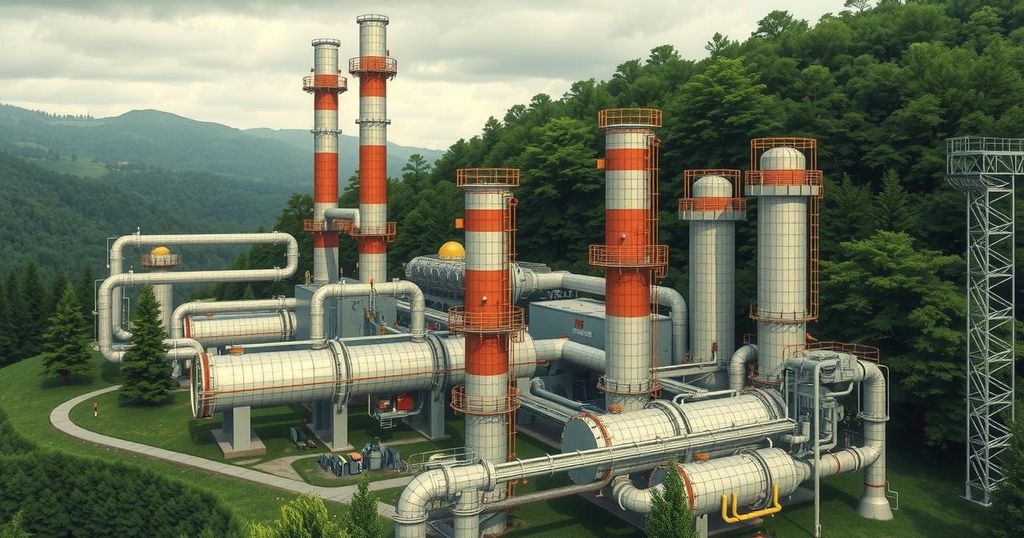US Provides $4.7 Billion Loan for Controversial Mozambique LNG Project
The U.S. has approved a $4.7 billion loan for the contentious Mozambique LNG project led by TotalEnergies. This decision supports a significant fossil fuel initiative despite previous intentions to limit public funding for such projects. The project faces criticisms over environmental and human rights issues, exacerbated by ongoing investigations. As other countries reconsider their financial support, the situation remains dynamic, with the project’s future in question.
The United States has approved a $4.7 billion loan for a controversial liquefied natural gas (LNG) project in Mozambique, operated by TotalEnergies. This decision by the US Export-Import Bank (EXIM) seems crucial for securing financing for what may become one of Africa’s largest energy developments, with total costs projected at $20 billion. This funding marks a reversal for the US, which was considering restricting public funding for international oil and gas projects.
This loan follows a previous agreement made in 2019, but new approval was needed after TotalEnergies paused construction due to security and human rights issues. The attack by the Al-Shabaab militant group in Cabo Delgado has led to significant civilian casualties. Amid investigations into TotalEnergies concerning their safety protocols during that attack, the company continues to deny wrongdoing.
The proposed LNG facility has been criticized by climate activists, who label it a “carbon bomb” due to its potential significant carbon emissions. Current estimates suggest the project could emit approximately 121 million tons of CO2 equivalent annually across a lifecycle of nearly forty years. Commentary from climate advocates condemns the project as detrimental to human rights and climate health, highlighting concerns over the investment of taxpayer funds into a high-risk fossil fuel venture.
Despite potential backlash, TotalEnergies has been lobbying for support, aiming to reaffirm commitments from the U.S. government. The project’s viability also hinges on backing from the British and Dutch export credit agencies, which are currently reevaluating their financial involvement. Legal implications surrounding their support have prompted further hesitations.
Furthermore, the U.S. government, through EXIM, has continued approving significant funding for international fossil fuel projects, despite earlier pledges at COP26 to curb public financing of such initiatives. Recent discussions among member states of the Organisation for Economic Co-operation and Development (OECD) regarding a proposal to ban these supports have stalled, suggesting shifting geopolitical dynamics may be influencing decisions.
The approval of a $4.7 billion loan by the U.S. for TotalEnergies’ Mozambique LNG project raises significant questions regarding environmental impact and human rights abuses. The decision reverses previous intentions to limit public funding for fossil fuel projects internationally, reflecting ongoing complexities in global energy financing. Amidst criticisms and investigations, the project’s future remains uncertain as other nations reassess their commitments, leaving the potential implications for climate and human rights in Mozambique unresolved.
Original Source: www.climatechangenews.com




Post Comment